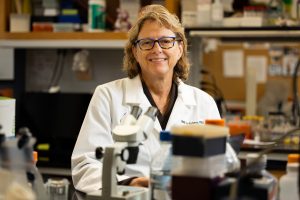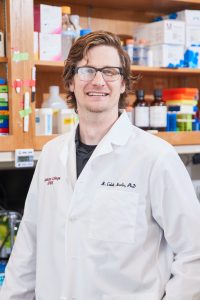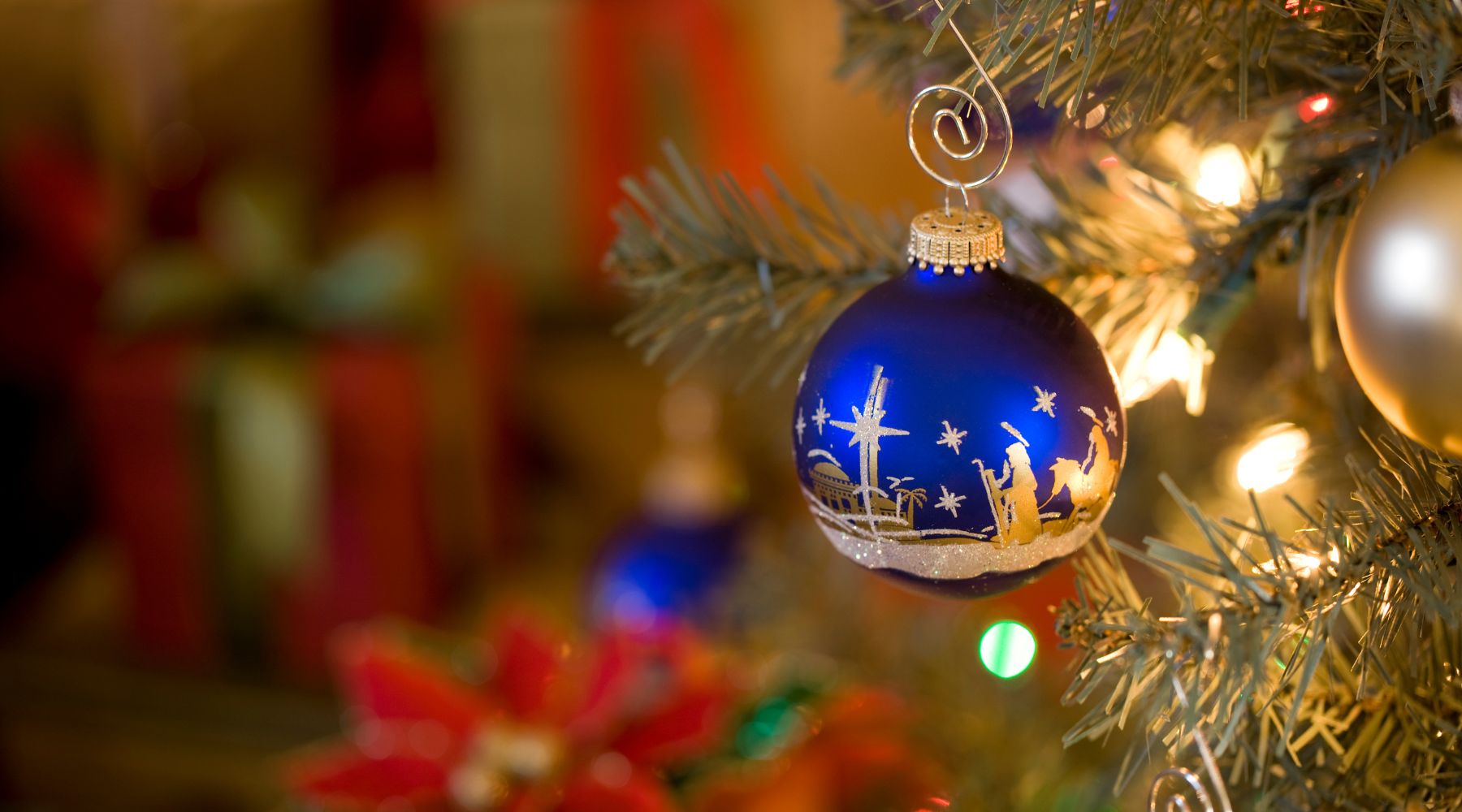There’s a common belief – backed by a century’s worth of survey data – that faith and science don’t mix.
A 1914 survey of scientists found an equal split on whether they believe in a personal God, and by 2009, the number believing in God had grown only slightly – to 51%. Separately, a Pew Research Center survey last year found that 56% of Americans believe there is conflict between science and religion.
Oklahoma Medical Research Foundation scientists Holly Van Remmen, Ph.D., and Caleb Marlin, Ph.D., don’t understand the fuss. For both, their faith is particularly relevant at Christmas.

“It’s something I’ve thought a lot about, and I just don’t see any problem reconciling science with faith,” she said. “I just ignore that debate because that’s not important for me to figure out. I believe that God could create our world and everything in it, and there doesn’t need to be an explanation that we need to understand. It’s faith, after all, so it’s not strictly fact-based.”
Christmas, for her, has always been a time of family and worship, “no matter what the geography dictates.” Beginning when she was attending college in Texas, she and her two sisters annually trekked back to their native Wisconsin, in part to attend Christmas Eve services as a family. Though their parents have passed away, the tradition continues among the siblings.

Marlin, a staff scientist in OMRF’s Arthritis and Clinical Immunology Research Program, is equally resolute in his faith, especially at Christmas.
“Christmas really represents a time for us to sit back and be thankful for the many blessings we have in our lives, which is something that I think most religious and non-religious people – scientists or not – can get on board with,” Marlin said.
Like Van Remmen, he views science as one such blessing. “It’s the single greatest tool in understanding the natural world around us,” Marlin said.
“To put it simply, I love Jesus, I love people, and I love science, and I see zero conflict in that.”



